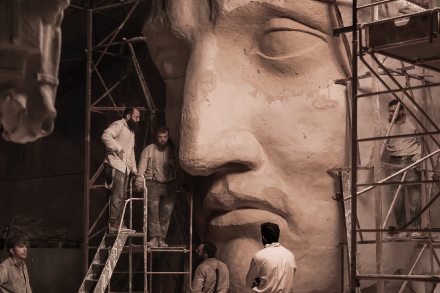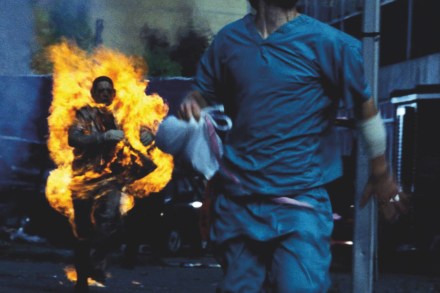Scooby-Doo has better plots: Almeida’s A Moon for the Misbegotten reviewed
A Moon for the Misbegotten is a dream-like tragedy by Eugene O’Neill set on a barren farm in Connecticut. Phil Hogan and his daughter Josie have worked the rocky soil for 20 years and they’ve come up with a joke. ‘If cows could eat stones this would be a grand dairy farm.’ Phil is a coarse, shifty bully who starts the play by assaulting his neighbour and threatening to murder him. For some reason this crime goes unpunished and the incident isn’t mentioned again. Very odd. The elements of this lop-sided story are clumsily arranged by O’Neill. His cold, narcissistic characters don’t make much sense and the subplot concerning a




















